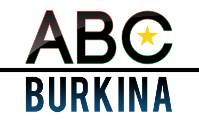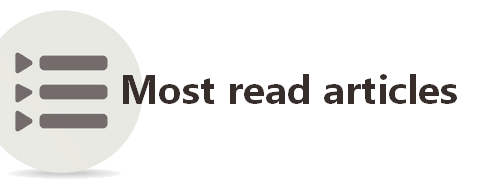The Chairman of the FAO Executive Council: Africa must have the right to protect itself
On the 19th of April I was invited by the French Farmers’ International Development Agency AFDI (Agriculteurs Francais et Développement International) to its national convention in Vendée. Also invited was Mr Luc Guyau, Independent Chairperson of the Executive Council of the FAO (Food and Agricultural Organisation of the UN) and the representative of the Chamber of Agriculture on the AFDI Council , Mrs Marie-Therese Bonneau.
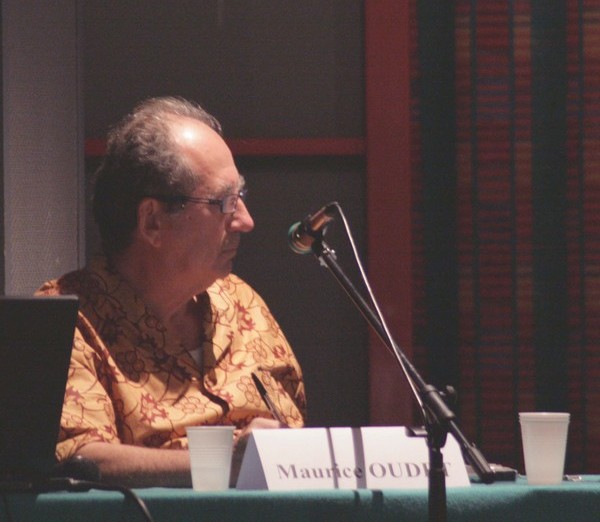
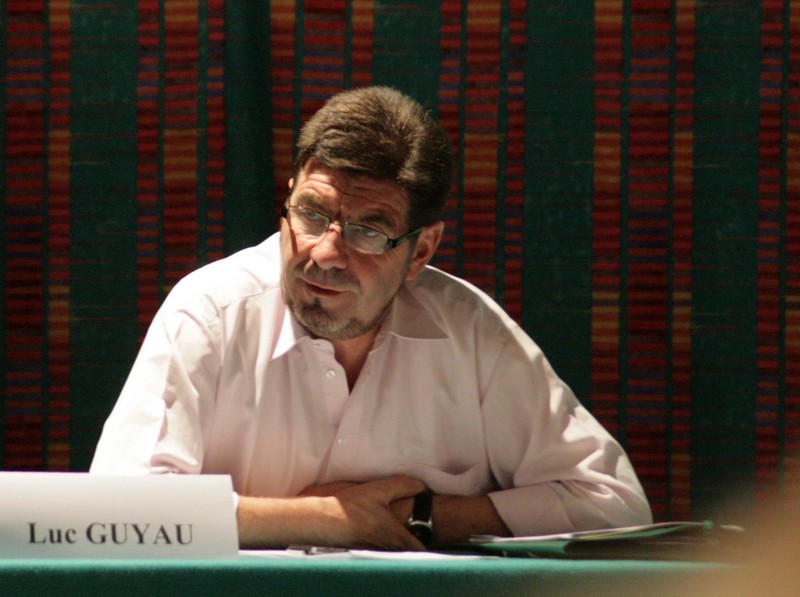 I had been to asked to call upon the French farmers’ organisations, the world institutions, the NGOs of the North and South (AFDI), the French citizens (through the discussion), the civil society and the governments of the South.”
I had been to asked to call upon the French farmers’ organisations, the world institutions, the NGOs of the North and South (AFDI), the French citizens (through the discussion), the civil society and the governments of the South.”
This is how the general secretary of the AFDI of Vendée summed up the first part of my address:
« ”We are all concerned ……
…… by the persistence of hunger in the world (one billion men, women and children are suffering from hunger at present) and by the fact that the vast majority (70%) of those are farmers, whose vocation it is to feed the world..
This is how Maurice Oudet presents the issue : pacts and alliances can not be limited to a dialogue among farmers alone.
A case in point is the support he gives to milk production and the setting up of mini-dairies in Burkina Faso, run by women. Evidence is there that start up help will generate other demands (for technical support, literacy courses, research to add value to products, marketing, organisation, etc.) It is the breeding ground for a development effort originating in local demand and local know-how resulting in social and financial self-sufficiency … on condition that it is accompanied (by measures such as access to bank loans, production support, management advice) and protected against external adverse effects (price volatility, uncontrolled imports).. "”Guaranteed prices would suffice to make producers confident and make them invest and substantially increase their production. In five years’ time West African agriculture would be thoroughly transformed.”".
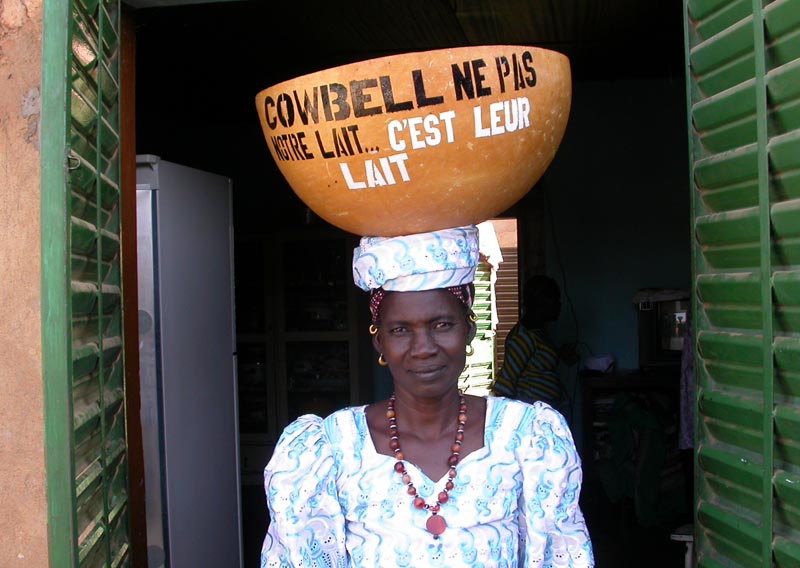
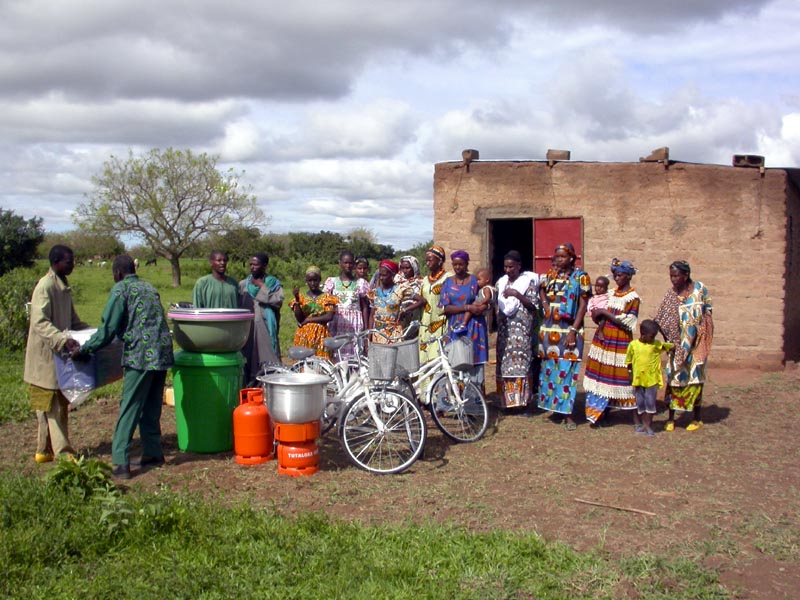 Mr Luc Guyau of the FAO Council then made a brief presentation of his organisation:
Mr Luc Guyau of the FAO Council then made a brief presentation of his organisation:
- ”The FAO has 191 member states (its ”wealth”, Ed. note) each one of which has one vote. It operates by consensus (which partly explains its inefficiency, Ed.note).
- The FAO does not have the possibility to compel a member state to implement a decision that has been taken jointly.
Therefore it is necessary that all take part in persuading and changing opinions and behaviour.
He ended the first part of his communication with these words: « ”Africa has enormous potential, but its agriculture suffers from a lack of political will of governments or inappropriate choices.”
Later, during the discussion, he added:”AFRICA SHOULD BE ALLOWED TO PROTECT ITS AGRICULTURE!”
This we knew already! See our newsletter of November 7th 2007: ” West African agriculture has the right to protection!” ). It is however good to hear this from the Chairman of the Council of the FAO, even if his powers within his own organisation are limited.
Therefore it is urgent to understand that no alliance is possible (in particular between West African and European farmers), if there is not a prior agreement on the essential: the right to food sovereignty for all.
Today a great many suffer from the sudden ups and downs of world market food prices; . It seems to me that a first step towards the right to food sovereignty would consist of the gradual replacement of import duties on sensitive products (in %) by fixed entry prices (which would reward farmers and be acceptable to consumers). We will come back to this topic in a subsequent newsletter.
Paris, March 27th 2011
Maurice Oudet
Director, SEDELAN
